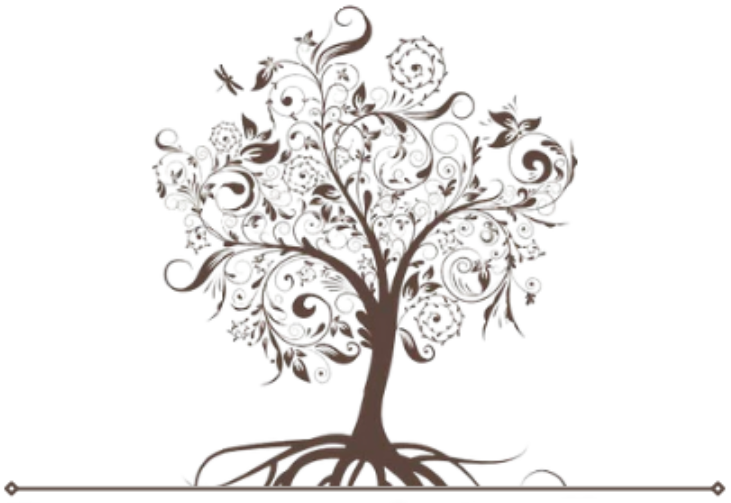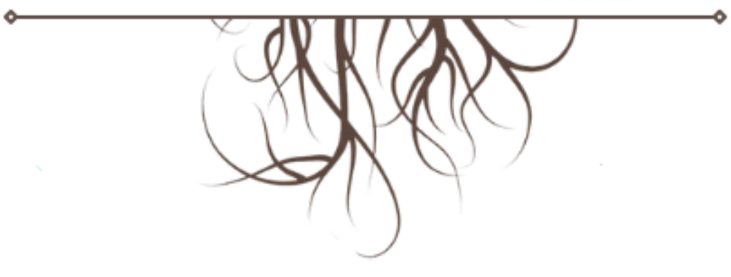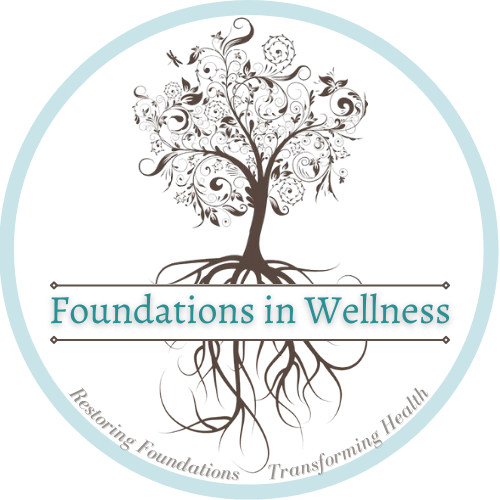
Introduction
In today’s fast-paced healthcare landscape, where quick fixes and generic treatments prevail, the ancient art of personalized medicine — where doctors delve deep into individual health histories to truly understand and treat patients — is increasingly overshadowed. Yet, this intimate, patient-centered approach remains crucial for identifying the root causes of illnesses and initiating true healing. This method not only involves understanding each person’s unique health challenges but also strategically eliminating these obstacles and activating the body’s inherent healing capabilities. This philosophy, often eclipsed by more conventional treatment methods, is pivotal for achieving transformative health outcomes.
The Disconnect in Conventional Treatment Modalities
Despite its remarkable advancements, modern medicine often finds itself at odds with the body’s natural healing processes. Today’s healthcare predominantly leans towards rapid, symptomatic relief, primarily facilitated through pharmaceutical interventions. These interventions, while effective in alleviating symptoms quickly, can disrupt the body’s intricate internal balance and lead to a dependency on medications. In an environment characterized by unprecedented environmental pollution and widespread consumption of processed foods replete with harmful chemicals, the challenges to maintain and restore health are greater than ever. Such a landscape demands a shift from symptom suppression to a more holistic, cause-oriented treatment approach to meet the unique health challenges of our time.
Tracing the Roots: The Importance of Identifying Causes
A foundational principle in effective healthcare is that each health issue stems from an identifiable cause. Treating symptoms without addressing the root causes is akin to trimming weeds without uprooting them; the problems are likely to recur. This cycle of temporary relief does not lead to sustained health and wellness. For instance, the accumulation of environmental toxins such as heavy metals, including mercury and lead, can lead to chronic health issues that remain unresolved without targeted strategies for detoxification. Comprehensive reviews suggest that understanding and addressing these root causes is essential for the prevention and treatment of many chronic diseases (Jones, D. P., 2016).
The Silent Epidemic: Toxic Accumulation and Its Consequences

There is a well-established relationship between high levels of bodily toxins and severe health struggles. Individuals with significant toxic burdens often exhibit symptoms that are perplexing and resistant to standard treatments. This situation underscores the necessity not just for recognizing but also for effectively eliminating these toxins to enable the genuine healing processes to commence. Studies have demonstrated that reducing exposure to common environmental toxins can significantly decrease the incidence of various chronic diseases, improving quality of life and reducing healthcare costs across populations (Landrigan, P. J., et al., 2018).
Unveiling the Hidden: The Critical First Step of Identification
Effective detoxification and subsequent healing begin with the essential step of identifying the toxic agents that compromise health. This phase often involves a detailed examination of the patient’s medical history, lifestyle, and environmental exposures. Advanced diagnostic tools, such as heavy metal testing and biomarker analysis, are instrumental at this stage, providing insights that are critical for designing a personalized detoxification strategy that aligns with the individual’s specific health needs.
Toward a Holistic Healing Paradigm
Achieving true health and vitality requires a holistic approach that addresses the root causes of illness rather than merely managing symptoms. This strategy focuses on removing toxic obstacles and enhancing the body’s inherent ability to heal itself, leading to a more profound and lasting state of wellness. Such an approach not only aims at recovery but also at restoring the natural balance and harmony within the body, fundamentally enhancing the patient’s quality of life.
Conclusion: Embracing a Future of Informed and Empowered Healing
As we confront the complexities of health in the modern world, the need for a personalized, informed approach to medicine becomes ever more apparent. By prioritizing the identification and removal of toxic burdens, we can usher in a new era of healthcare—one that honors the body’s innate wisdom and capacity for self-repair. This holistic path not only offers solutions to immediate health challenges but also lays the groundwork for a future where optimal health is achievable for all. For individuals grappling with unexplained symptoms, understanding and addressing potential underlying toxic influences can be transformative. Taking this crucial first step can be pivotal in reclaiming your health and vitality, opening the door to a life of improved health and well-being.


